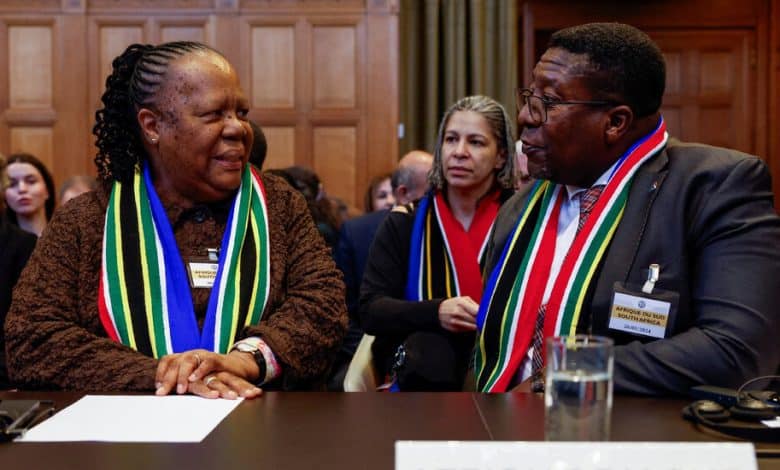South Africa Again Asks U.N.’s Top Court to Act Against Israel in Gaza

Days after an Israeli military incursion into Rafah, in southern Gaza, South Africa once again asked the United Nations’ top court to issue constraints on Israel, saying “the very survival” of Palestinians in Gaza was under threat.
In filings disclosed by the International Court of Justice in The Hague on Friday, South Africa asked the court to order Israel to immediately withdraw from Rafah, Gaza’s southernmost city where more than a million Palestinians displaced by the war have sought shelter, and to “cease its military offensive” and allow “unimpeded access” to international officials, investigators and journalists.
South Africa’s latest move is part of a case the country filed in December in which it accused Israel of genocide. Since then, the court has ordered Israel to take action to prevent acts of genocide in Gaza and ordered the delivery of more humanitarian aid to Palestinians in the face of growing starvation in areas. But the court has not ordered Israel to stop its military campaign against Hamas.
Israel has strongly denied South Africa’s accusations and said that it had gone to great lengths to admit deliveries of food and fuel into Gaza and to lessen harm to civilians. It has also said that its war in Gaza was necessary to defend itself against the Oct. 7 attacks led by Hamas and other armed groups that killed more than 1,200 Israelis and led to the capture of about 250 others.
Friday’s request is the fourth time that South Africa has asked the U.N. court for temporary injunctions. The filings noted that conditions had deteriorated significantly for civilians sheltering in Gaza.
“Rafah is the last population center in Gaza that has not been substantially destroyed by Israel and as such the last refuge for Palestinians in Gaza,” South Africa stated.
The court has not indicated when it will respond to the South African request, but its rules require that it must give priority to petitions for emergency orders. The 15-judge court has no means of enforcing its orders.
The main case, dealing with the question of genocide, is not expected to start until next year.